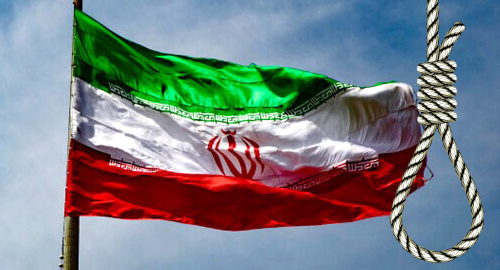
Iran’s online gamblers could face death under a new draft law being prepared by the Islamic Republic’s elected officials.
Iranian media recently quoted Reza Taghipour Anvari, a member of the Islamic Consultative Assembly’s Industries Commission, saying deputies were drafting legislation to update Iran’s gambling laws to specifically address illegal online gambling and betting.
Taghipour said the aim of the legislation was to “criminalize the perpetrators of Internet gambling, the operators of betting sites and those who transfer money in this field, and the necessary punishment will be determined in accordance with this law.”
Other media outlets subsequently quoted Hassan Norouzi, vice-president of the Judiciary and Legal Commission, saying “tough punishments” would be imposed on both gamblers and the online sites they patronize. Repeat offenders whose “insistence on committing the felony and lack of remorse will be considered by judges as ‘corruption on Earth’ which is punishable by death.”
Corruption on earth (Mofsed-e-filarz) is a grab-bag category of crimes that the Islamic Republic views as disturbing “God’s order for mankind.” Non-gambling crimes that fit into this category include political dissent, homosexuality, prostitution, political corruption and treason.
Earlier this month, the Central Bank of Iran (CBI) declared that it had forwarded the names of 70k online gambling sites to the Judiciary for remedial purposes. The CBI – which has increasingly come under fire for facilitating online gambling payments – announced that it had imposed a new ‘smart platform’ that allowed it to identify and block 3,540 gambling payment gateways since March.
The authorities recently announced the arrests of 10 unspecified individuals, including two Iranian nationals based overseas, reportedly due to their promotion of online gambling via social media. The two repatriated individuals, apparently celebrities with sizable followings, may have been based in Turkey, which has a reputation as a base of operations for Iranian-facing sites.
Iranian authorities are also reportedly planning on taking the fight to radio and television outlets, whose digital portals often air promos for foreign-based gambling sites claiming to be ‘prediction’ sites.
Gambling in any form has been illegal since the formation of the Islamic Republic in 1979, but the nation’s cyber cops have been kept busy by a torrent of unauthorized sites catering to the country’s underserved gambling market. The cyber sleuths repeatedly claim to be winning this fight, although this week’s announcement strongly suggests otherwise.